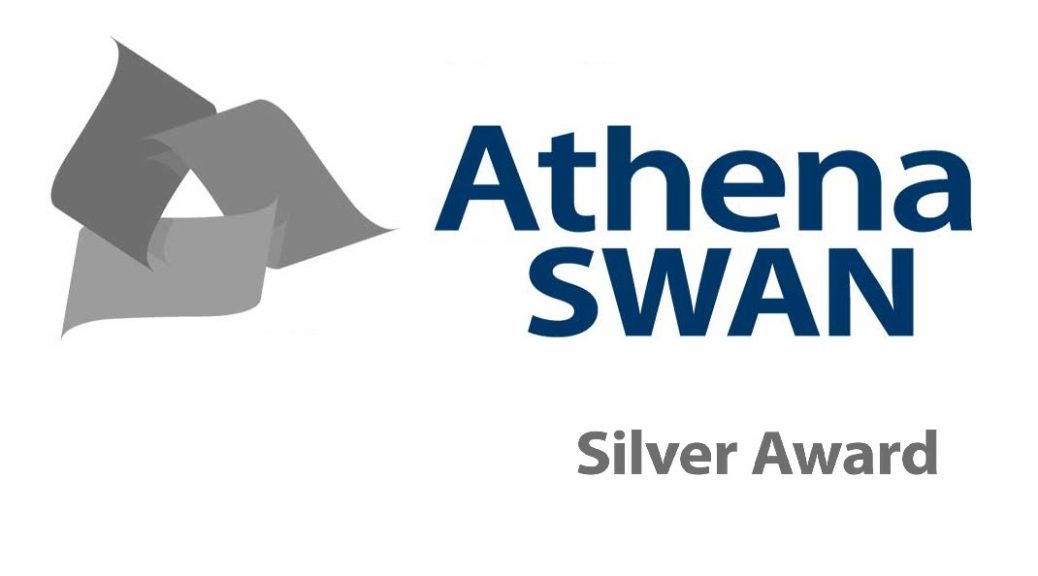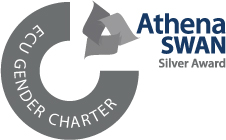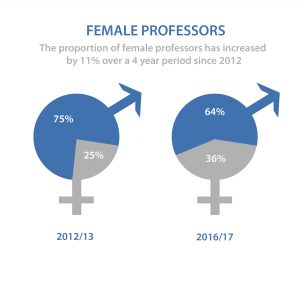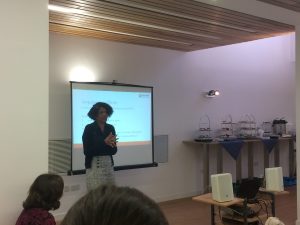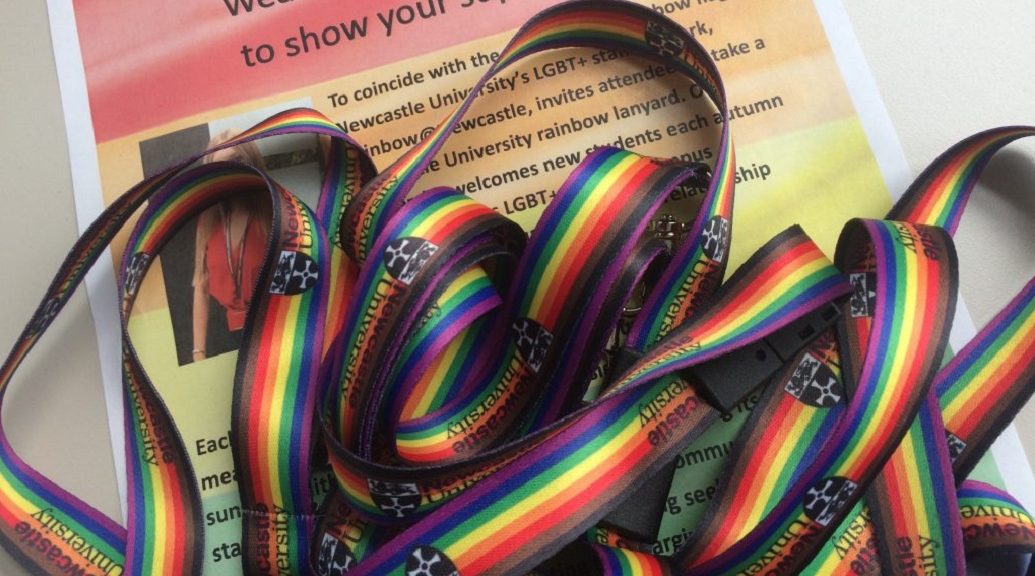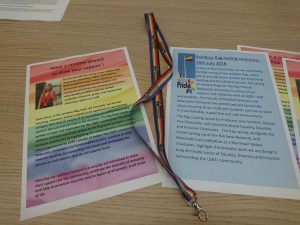FMS will be holding its very first EDI Week from the 21st – 25th of January – why not get involved?
The week is firstly to celebrate our successes so far, with the unveiling of our Athena SWAN silver award, which recognises our achievements in promoting and progressing gender equality for all staff and students. However, as well as reflecting how far we have come, we will also be thinking about what we would like to achieve, and will be running a number of events and activities that staff and students can get involved with.
Although we are still confirming some events (final programme to be announced early January), we have some already pencilled in and you can get the times into your diary now!
21st January:
- Launch Event – 12-1pm,
“Why does EDI matter?” – hear from staff about why EDI matters to them.
X - EDI and the Professional Pathway – 2-3pm,
Katherine Rogers, Director of Faculty Operations
22nd January:
- EDI Bitesize: “What is Athena SWAN?” – 2-3pm
Candy Rowe, Director of EDI for FMS will explain what Athena SWAN is and what it means for the Faculty.
X - Athena SWAN Silver for Newcastle University – 3-4pm
Judith Rankin, Dean of Diversity will talk about the work currently going on to renew the University’s institutional Silver Athena SWAN Award.
X - Wellbeing Session – lunchtime (TBC)
Session hosted by Michael Atkinson on mindfulness.
23rd January:
- EDI Design Principles for FMS – 12-2pm
Jane Richards and the Good to Great (G2G) Team will run a session about embedding EDI into faculty working in the future.
24th January:
- EDI Fair – 12-2pm
A fair to showcase information and get a chance to speak to the EDI Team, representatives from different staff/PGR networks, and the ECR Mentoring Scheme.
X - Athena SWAN Celebration & Unveiling – lunchtime (TBC)
PVC of FMS, David Burn, will unveil the Faculty’s Athena SWAN Silver Award and celebrate the incredible work and achievement the award symbolises.
25th January:
- ‘For Families’ Launch Event – 10am – 12pm
Event jointly hosted by NU Women and NU Parents. It will provide information on NU’s new family-friendly initiative, update on progress, set out plans for the future and take feedback and questions.

